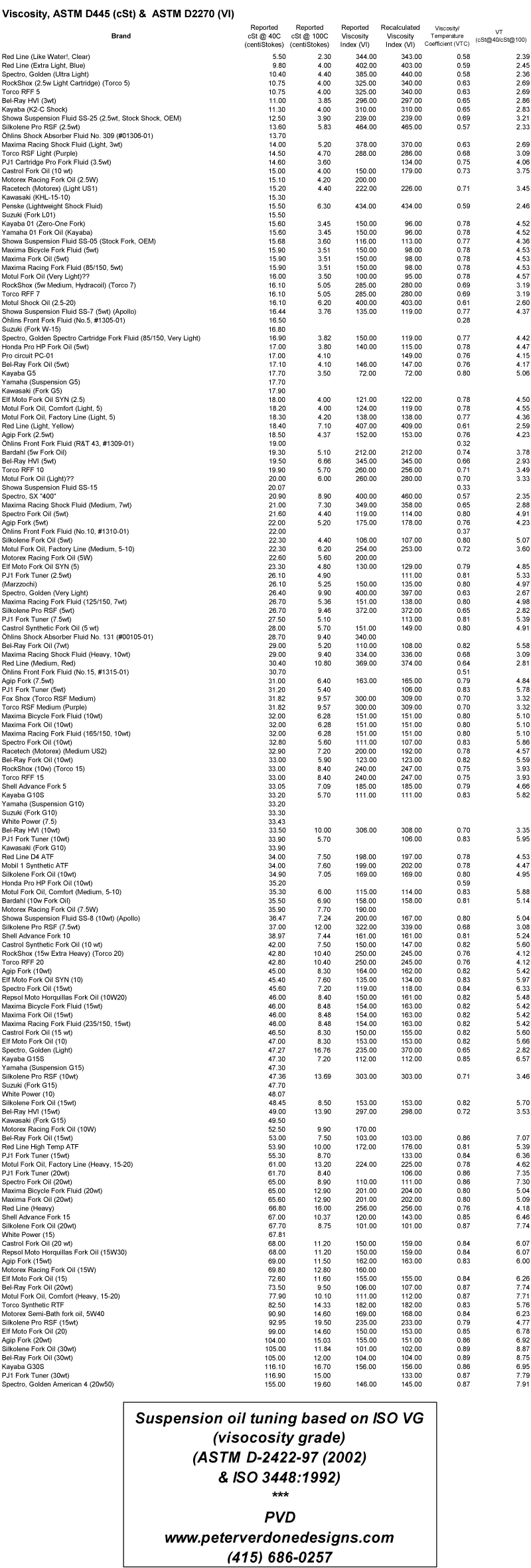Rebuilding a Rock Shox Monarch 3.1 tonight, mainly because the air seals are leaking and I'm losing pressure between rides I've only got one season on it so I'm not sure I really need to rebuild the damper. The instructions call for 7wt oil but I only have 7.5wt on hand. I'm a heavy guy though and what I want to know is, would I notice a huge difference if I rebuild the damper with 7.5wt oil instead of the 7wt recommended in the service instructions?
